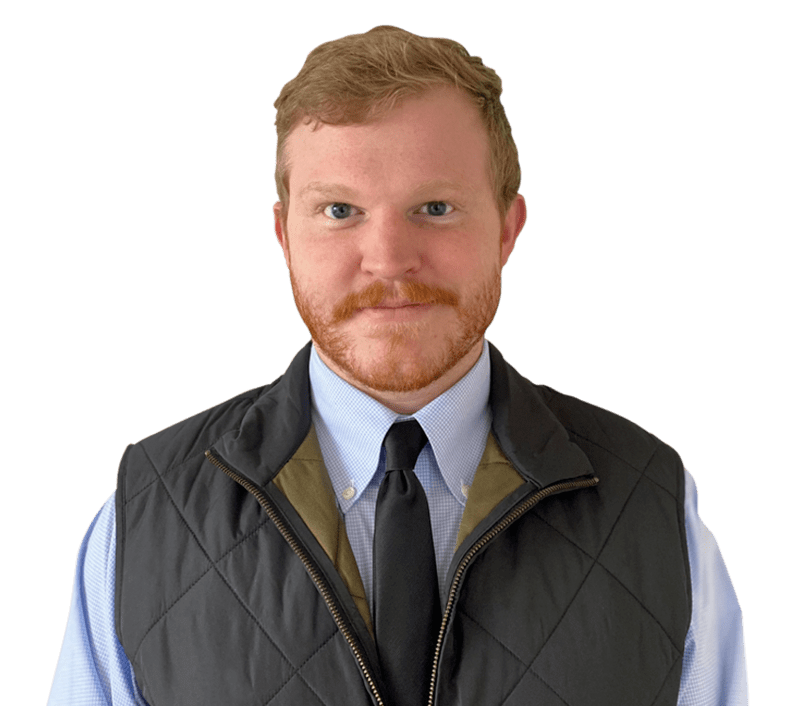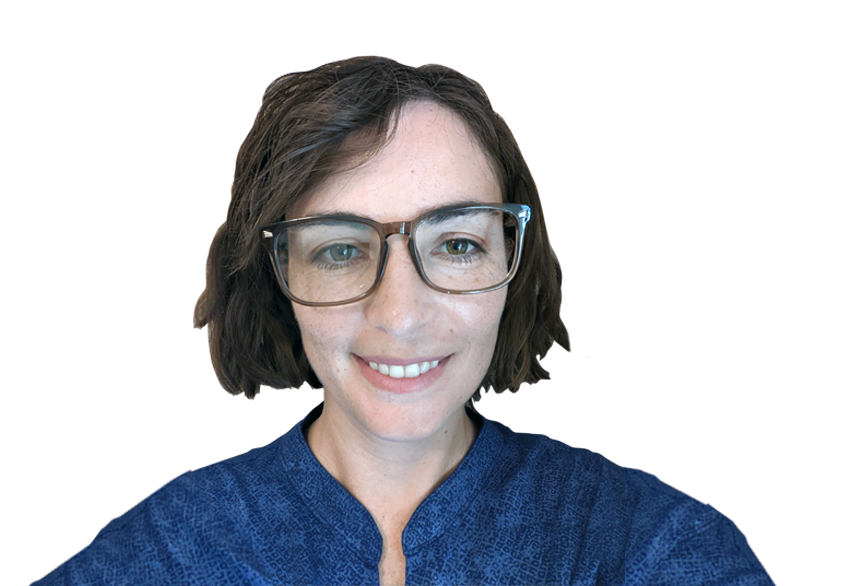Meet Our Data Science Fellows
About our Data Science Fellows program
Through our Data Science Fellows program, we provide technical talent to various organizations within the oversight community. As fellows, recent and current graduates gain unique opportunities to make real and lasting impacts—transforming data into insights on the biggest outlay of federal relief funds in American history. That’s what we call a win-win.
Our fellows support fraud investigations and examine issues that affect all of us, including oversight of health care, housing, and transportation programs, and a whole lot more. Let’s get to know them.
Ambar Mishra
Working with: Department of the Interior, Office of Inspector General
What project are you currently working on?
I’m working on an EIDL (Economic Injury Disaster Loan) project, which we’re finishing up soon. We used Python and SQL to clean and standardize our dataset to find matches among loan borrowers. I hope this project helps our OIG community, especially when it comes to investigating fraud.
What has surprised you the most about public service?
The most surprising thing about public service is having a tangible impact on the world. Your work truly matters; every project benefits the country. That aspect is something no other company or industry can match.
How do you get in the zone or get inspired?
To get inspired, I always think about purpose. Purpose is very important to me and encourages me to do the best job I can. Then, to set the tone I play lo-fi music in the background, which helps my mind ease into my tasks.


Philip Nelson
Working with: Department of Health & Human Services, Office of Inspector General
What project are you currently working on?
I’m working on a dataset about health care providers that received money through the Provider Relief Fund. I’m using AWS Glue to crawl the many tables in the data set, then using AWS Athena to query them. I plan to share knowledge I gain through this process with my host OIG, so they can utilize these technologies in the future.
How do you get in the zone or get inspired?
I am constantly reading data journalism articles and features. There are so many innovative pieces of analysis, and they are often written in a way that non-data nerds can understand. Consuming this kind of content inspires me to think more about my audience, whether it’s investigators, leadership, fellow data professionals, or data journalists.
What advice do you have for data science grads considering their career options?
Consider public service! It was not on my radar at all until one of my friends mentioned this fellowship to me. If you want to do data work that matters and isn’t profit or data-collection driven, this is a great opportunity.
Carly Schippits
Working with: Pandemic Response Accountability Committee
Why did you apply for the PRAC Data Science Fellows program?
When I completed my master’s program, I knew I wanted to leverage data science to improve public programs. At the PRAC, I could tell that I would have that opportunity—and receive mentorship and support from a team of data scientists who would help me grow my technical skillset.
How do you describe the PRAC's mission to your family, friends, or neighbors?
I tell them that we identify and investigate fraudulent applications for pandemic funding programs, like the Paycheck Protection Program. We help ensure that misused pandemic funds are recouped so that the money can be put toward other government programs that benefit individuals who truly need assistance.
How can technology help find anomalies or red flags in $5 trillion worth of spending? Where do you start?
There are so many ways technology can be used to detect fraud. One of the simplest methods is a rules-based model—basically, a computer program that flags an application as suspicious if it exhibits a certain number of known fraud markers. This type of model can be applied to millions of applications in mere seconds. More complex technologies, like machine learning models, can detect anomalies within an application (à la the rules-based model), but they can also detect anomalous patterns of behavior across applications. These models are particularly useful in detecting fraud rings.


Andy Tyler
Working with: Pandemic Response Accountability Committee
What project are you working on currently?
I’ve always been hands-on and working with the PRAC has allowed me to continue that streak. As far as my current job, I work closely with PRAC’s in-house auditors and investigators, designing data mining tools, supporting investigations, and maintaining software that scans databases for suspicious activity.
What interested you in applying for the PRAC Data Science Fellows program?
I was teenager in New Orleans when Hurricane Katrina hit. Everything I knew about the world changed overnight, and I was part of a community that had to come to terms with that catastrophe. One of the things that upset me most at that time was people taking advantage of programs intended to help people get their lives back on track. The same has been true of the pandemic. When I applied to the PRAC, I not only saw an opportunity to give back but to also go after fraudsters who took advantage of our shared disaster.
What are you currently reading/watching/listening to?
I’m reading Christopher Hadnagy’s Social Engineering: The Science of Human Hacking. The author is a physical and digital security tester who’s learned a lot about how people attempt to manipulate others for information. He describes the book as a kind of ‘judo manual’ for social engineering techniques—knowledge is power!
Minghua Ong
Working with: Pandemic Response Accountability Committee
What project are you working on currently?
I’ve been working on profiles of prime and sub-recipients of the Coronavirus Relief Fund by analyzing transactional and risk behavior. We’ll use this information to generate a risk model that populates an interactive visual dashboard.
What excites you about data analytics?
I love process and system improvement! Using data analytics, we can tackle big problems in an efficient fashion, focusing on specific pain points. I like that, through data analysis, we can find a seemingly small anomaly and uncover a big pattern. There’s data across every industry and every field. And where there’s data, there’s insight!
What has surprised you the most about public service?
Before I joined the PRAC, I had no idea I could pursue a career in tech while being in the public sector. Through this fellowship, I’ve had the opportunity to speak and work with so many accomplished data scientists and engineers. I appreciate that technology is expanding within the government, and I’m excited to be part of that wave.
How do you get in the zone or get inspired?
I do my best to remind myself what I believe in, how my life ties to my values, and how I don’t have to face anything alone. It’s easy to get bogged down in the day-to-day routine, but I feel passionate about the work we do in public service.
I could talk all day about people-centered solutions and doing our part to make sure those in need get the resources they deserve!


Claire Stabile
Working with: Department of Transportation, Office of Inspector General
What project are you working on currently?
I’m working on automating data pipelines for better efficiency. What this means is bringing in data from multiple sources, then cleaning, organizing, and warehousing it. After that, we automatically link the data to other analytics platforms, so that we always have the most updated data available when we look for signs of fraud, waste, and abuse.
What excites you about data analytics?
To me, data analytics is like solving a puzzle when you don’t know what the final picture is. You have all of these disparate pieces of information. Your goal is to form a clear, contextualized picture, and make sense of all that data. You get to be creative in how you apply tools like machine learning and natural language processing to figure out what that “puzzle” is.
What interested you in applying for the PRAC Data Science Fellows program?
I was excited for the opportunity to use data science to restore public trust. I feel like trust in our government has been at a low point. Through this fellowship, I can be part of a positive change.
How do you describe the PRAC's mission to your family, friends, or neighbors?
I would say that we teach computers how to sort through millions of files and spot signs of fraud. This helps us pick out new patterns or anomalies in pandemic spending much faster than if we just looked at each file by hand. Ultimately, this saves the IG community time, and it saves taxpayer’s money.

